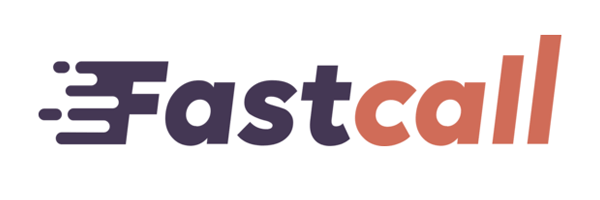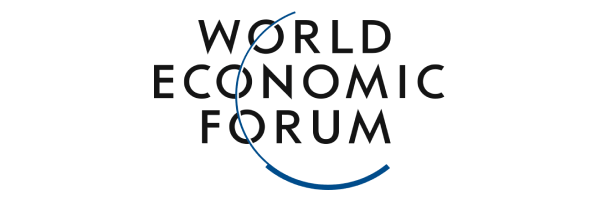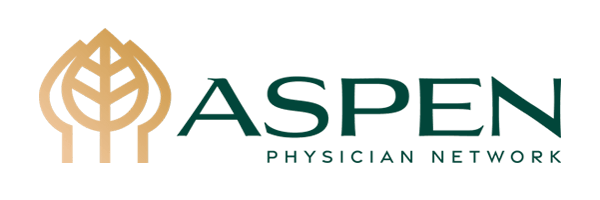Sustaining customer satisfaction is paramount for long-term relationships. Salesforce is dedicated to helping users recognize the full potential of their accounts. Customer Success Managers (CSMs) and Account Executives (AEs) are committed to customer advocacy, ensuring optimal utilization and removing obstacles. A clear understanding of account health is fundamental to achieving this success.
That’s where the Salesforce Customer Success Score comes in. Powered entirely by Heroku, these scores bring together data from across Salesforce to help CSMs, AEs, and signature customers gauge the effectiveness of Salesforce implementations, identifying where and how to maximize user satisfaction and reduce attrition.
The DET External Experiences Team: architects of customer success
Building these scores is the responsibility of the Digital Enterprise Technology (DET) Department’s External Experiences team. Their mission is to provide IT and technology support for the customer success team, crafting responsive consumer-grade experiences on the Salesforce help site – and they’re active Heroku users.
The department is composed of several critical sub-teams and initiatives responsible for supporting the Agentforce experience on the help site, including managing customer identity, providing authentication and authorization for product access, and overseeing the development of and access to Customer Success Scores. Additionally, they support the philanthropy team, grant making app, and the Power of Us portal.
Challenge: Connecting data from multiple Salesforce orgs
Prior to implementing Heroku, the team’s primary surface for technologies they developed was the help site, built as an Experience Cloud property within a Salesforce instance. While their developments within this environment were effective, they required access to data from outside their specific Salesforce Org to create reusable visual components that could be deployed on other properties that used different tech stacks, such as Trailhead.
The experiences the team wanted to build required an immense volume of data, which posed a challenge within Experience Cloud’s framework, which itself often required data to reside within the Salesforce org for ease of access. Furthermore, while technically possible, Experience Cloud was not designed to provide APIs for widespread use across various systems.
We had different platforms available, but Heroku really had all the tools ready for us to come together and be able to provide a solution that met all the needs for our various consumers.
Heroku solves data challenges with flexibility and speed
The DET External Experiences team found an internal solution that addressed their specific challenges. Heroku, already part of the Salesforce ecosystem, made it easy to connect multiple data sources and provided all the components needed to deliver the customer-grade product the team envisioned. Heroku Connect was key to integrating data from multiple Salesforce orgs, Snowflake, and other sources. This was critical because, while Snowflake offers an API, direct queries could be slow and would not meet the team’s requirements for responsive, high‑performance experiences.
Heroku’s capabilities extended beyond data integration; it allowed the team to reimagine how they developed and architected solutions from a micro-front-end direction, enabling them to create self-contained components usable on almost any JavaScript-supporting property, unlocking their ability to create reusable assets and leverage more modern tech stacks.
Heroku’s flexibility also allowed the team to scale easily and operate in multiple languages, notably enabling their Golang enthusiasts to work in their preferred language instead of Apex.
Although there might be other tools to combine data together, we would still need some other solution to perform those other tasks. So Heroku really provides that full solution with all of the pieces that we need to provide that rich consumer-grade product.
Building fast, actionable customer health scores with Heroku
The team primarily uses Heroku to improve the Customer Success Score tool on the Salesforce help site. This critical tool provides visibility and recommendations for Salesforce signature customers, helping them understand the health of their Salesforce account. Successful customers are likely to be long-term customers and more likely to further invest in the ecosystem.
Heroku enables the Customer Success Score to deliver sub-one-second health metrics and powers both internal and external dashboards on the Customer Success page. These dashboards, entirely powered by Heroku, help identify risks, track value realization, and support renewal and expansion decisions.
Previously, the Customer Success Score page used a different tech stack with 10-to-20-second load times. With Heroku we’re seeing sub-one-second load times.
Successful cards with Heroku, successful customers with Salesforce
Heroku has been revolutionary for development, QA testing, and planning. It provides full flexibility and control, effectively unlocking the team’s capabilities. It accelerated development, enabling the team to deliver more features and capabilities faster than before, supporting the creation of important customer experiences. The team especially values the platform’s ease of use, with streamlined deployments and easily scaled applications. The command-line interface (CLI) offers flexibility for those who prefer not to log in through the browser. Heroku also manages version upgrades for databases and add‑ons, supported by clear, comprehensive documentation.
Being able to deploy is a breeze. You can use the build pack that’s already built-in for Golang, deploying it easily and in only a few minutes. If you have a dyno running at the same time, it’s staying up while you’re deploying a new thing. Not having to handle that coordination is super nice.
What’s next for the External Experiences Team?
Looking ahead, the team is exploring how AI tools could transform the Customer Success Score from a reactive reporting tool into a proactive source of insight. This innovation reflects their ongoing commitment to helping customers get the most value from their Salesforce investments.
Launch your next project with Heroku
How the Salesforce External Experiences Team did it
- Golang API implementation optimized performance and concurrency, providing the fastest response time
- Heroku Connect brought together various data sources, both external and from internal Salesforce orgs
- Data queries were built using Golang, enabled by build packs
- Heroku Postgres add-on securely stored the information, enabling the team to control and optimize large volumes of data
- Heroku API web dyno provided logging, metric tracking, and analytics
- Heroku handled all of the updates for the tech stack





